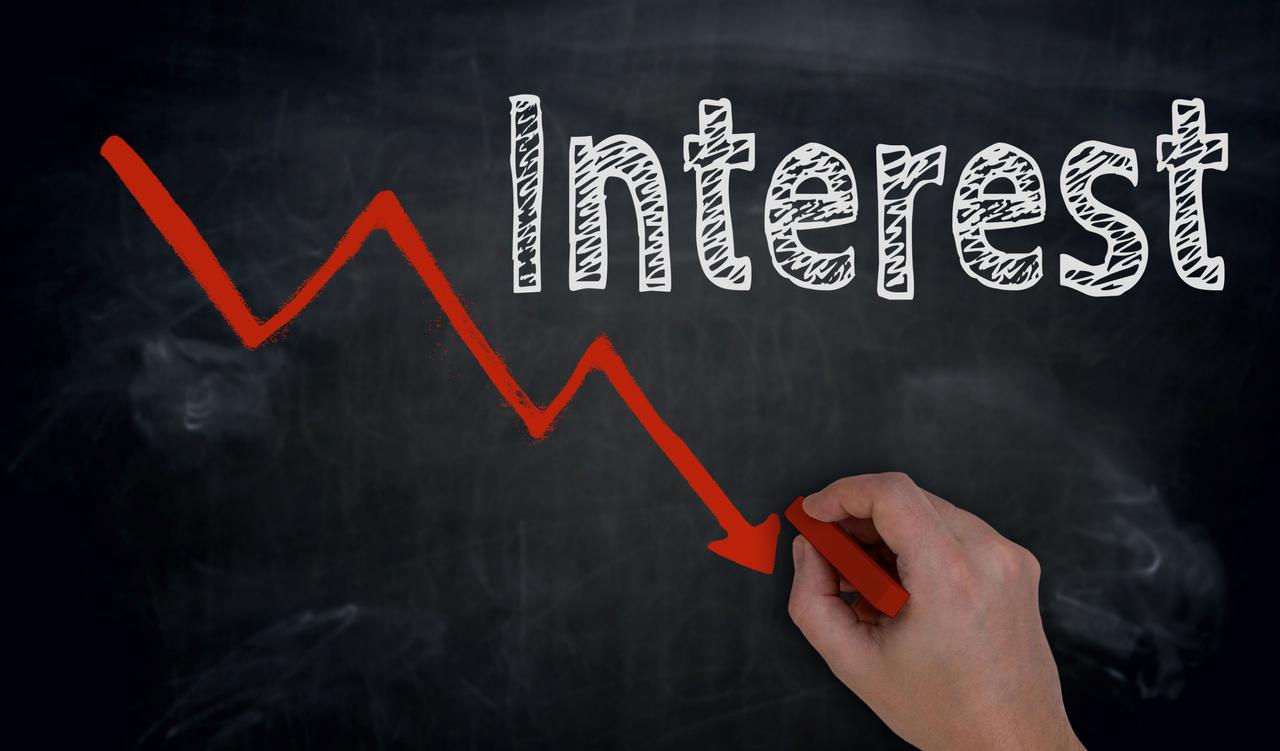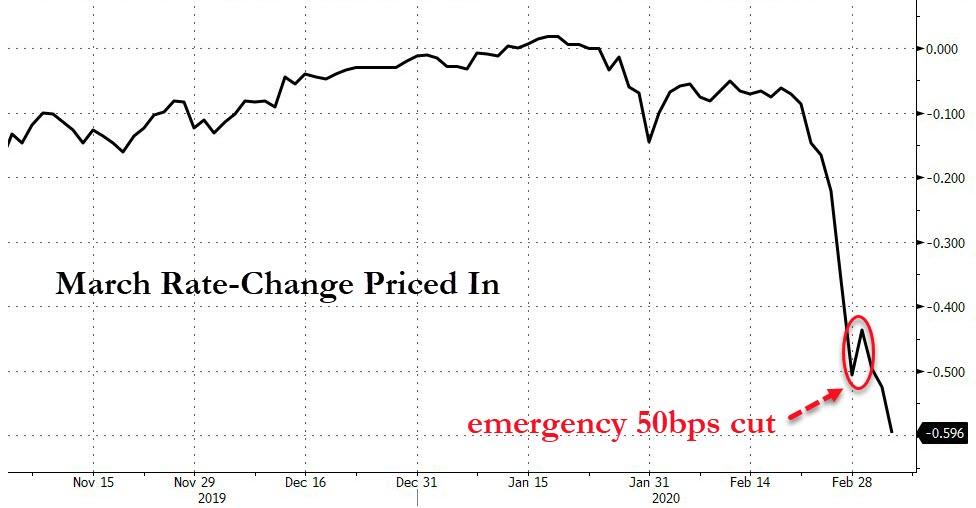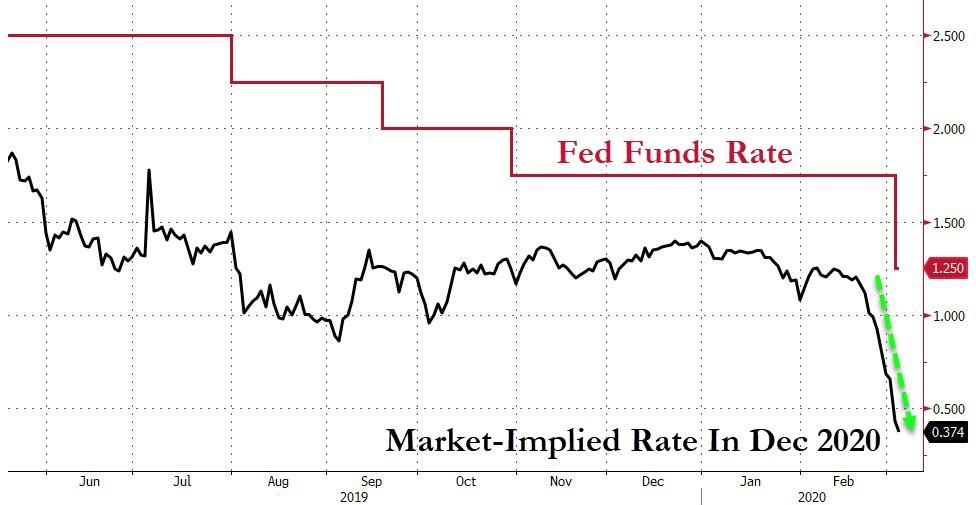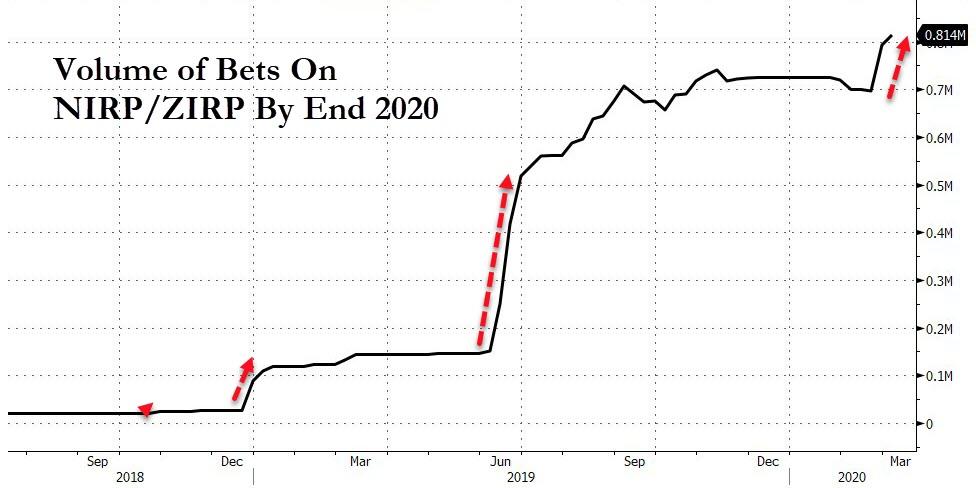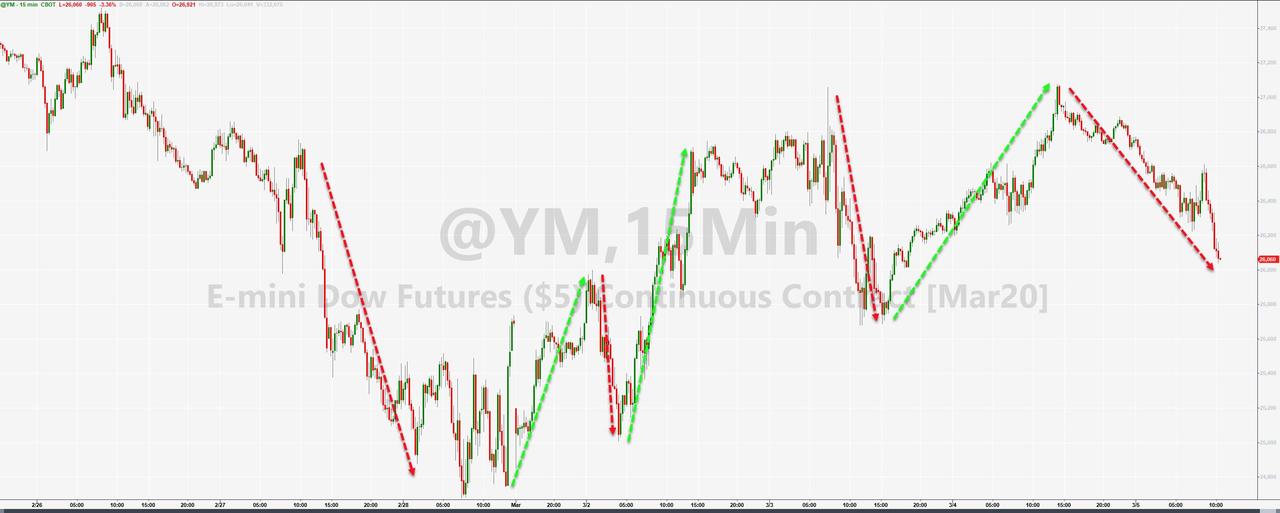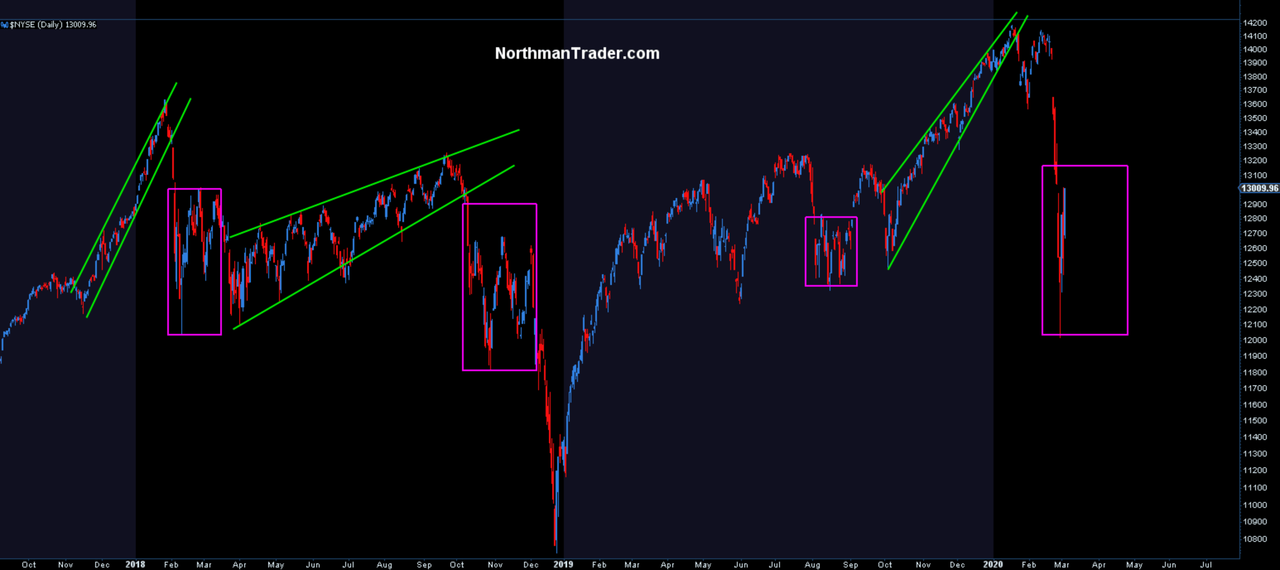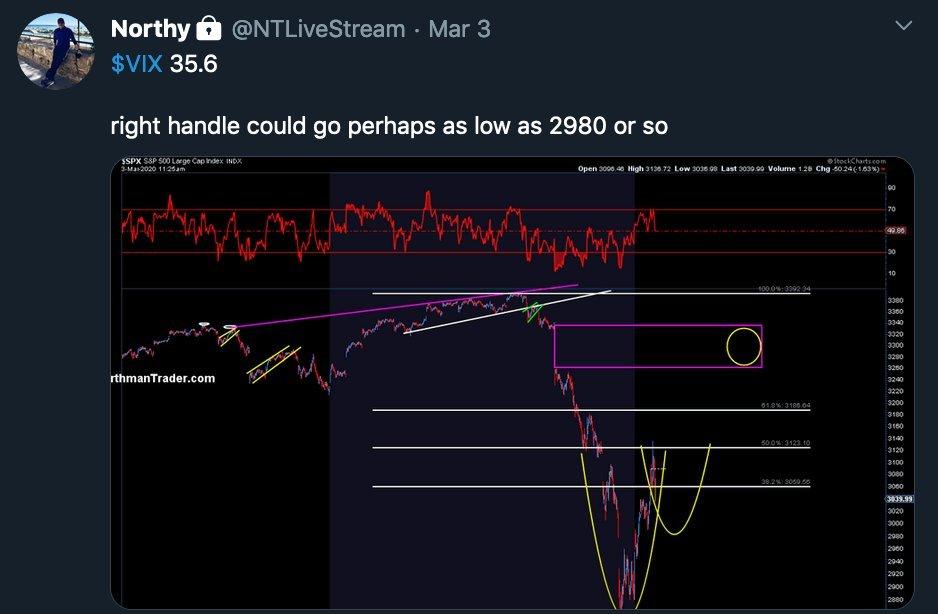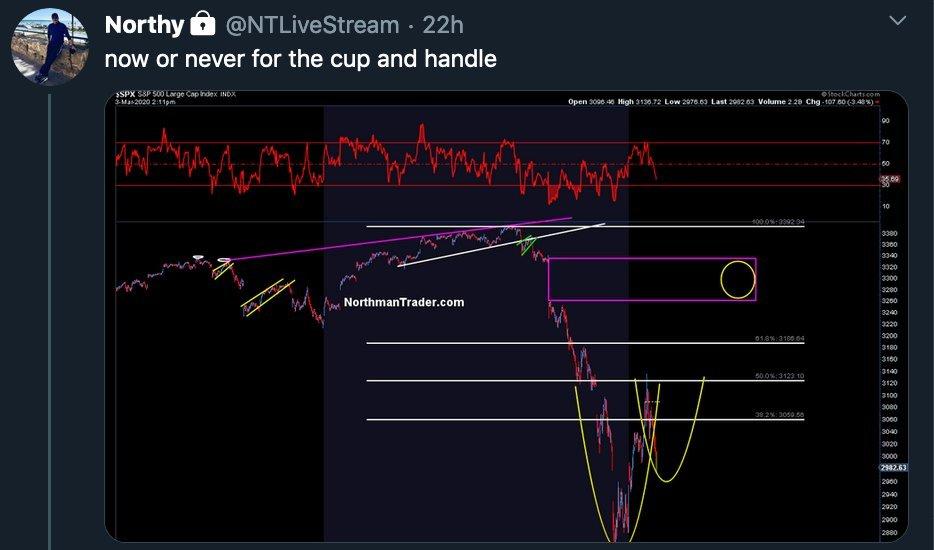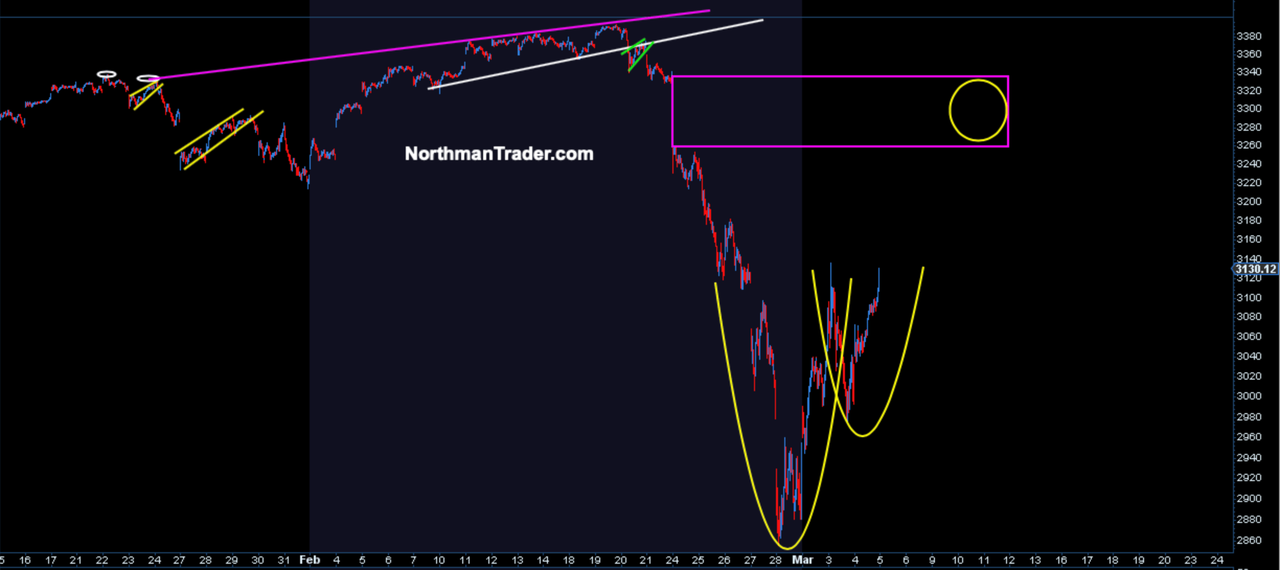Democrats who bemoan President Donald Trump’s assaults on the independence of the judiciary and his attempts to create “alternative facts” cannot be taken seriously if they fail to condemn Senate Minority Leader Chuck Schumer (D–N.Y.) for threatening members of the Supreme Court who take positions he does not like, and then falsely claiming he did nothing of the kind. If they remain silent, defend Schumer, or engage in obfuscating whataboutism, they will reveal themselves as unprincipled hacks who care about these issues only when they can be deployed as weapons against their political opponents.
“They’re taking away fundamental rights,” Schumer said yesterday at a pro-choice rally outside the Supreme Court as the justices considered the constitutionality of a Louisiana law requiring that physicians who perform abortions have admitting privileges at local hospitals. Turning to point at the Supreme Court building, he angrily added: “I want to tell you, Gorsuch, I want to tell you, Kavanaugh, you have released the whirlwind, and you will pay the price! You won’t know what hit you if you go forward with these awful decisions.”
Although the nature of that “price” was vague, the meaning of Schumer’s comments was plain: If Justices Neil Gorsuch and Brett Kavanaugh, Trump appointees whom Schumer opposed, dare to cross him by voting to uphold Louisiana’s law, they will suffer unpleasant consequences. Yet after Schumer’s threat drew a rare public rebuke from Chief Justice John Roberts, the senator’s spokesman blatantly lied about what his boss had said.
“Women’s health care rights are at stake and Americans from every corner of the country are in anguish about what the court might do to them,” said Justin Goodman, Schumer’s communications director. “Sen. Schumer’s comments were a reference to the political price Senate Republicans will pay for putting these justices on the court.” He said Roberts’ response was based on “the right wing’s deliberate misinterpretation of what Sen. Schumer said.”
After threatening Gorsuch and Kavanaugh, Schumer did say this: “The bottom line is very simple: We will stand with the American people. We will stand with American women. We will tell President Trump and Senate Republicans who have stacked the court with right-wing ideologues that you’re gonna be gone in November and you will never be able to do what you’re trying to do now, ever, ever again. You hear that over there on the far right? You’re gone in November.”
So it is true that Schumer warned his Republican colleagues in the Senate about the electoral consequences of confirming justices apt to uphold abortion restrictions. But it is also undeniably true that he threatened those justices by name while pointing at the Supreme Court. That is not a “deliberate misrepresentation.” It is what actually happened. We have the video. To its credit, CNN, one of the president’s least favorite news outlets, forthrightly described Goodman’s version of events as “false.”
Given what Schumer actually said, Roberts’ response was perfectly understandable: “Justices know that criticism comes with the territory, but threatening statements of this sort from the highest levels of government are not only inappropriate, they are dangerous. All Members of the Court will continue to do their job, without fear or favor, from whatever quarter.”
When it comes to defending the integrity of the judicial branch, Roberts has been evenhanded. Here is what he said in 2018 after Trump dismissed a decision against his asylum policy as the politically motivated work of “an Obama judge”:
We do not have Obama judges or Trump judges, Bush judges or Clinton judges. What we have is an extraordinary group of dedicated judges doing their level best to do equal right to those appearing before them. That independent judiciary is something we should all be thankful for.
Roberts returned to that theme last December in his annual report on the judiciary. “We should reflect on our duty to judge without fear or favor, deciding each matter with humility, integrity and dispatch,” he wrote. “As the new year begins, and we turn to the tasks before us, we should each resolve to do our best to maintain the public’s trust that we are faithfully discharging our solemn obligation to equal justice under law.”
Roberts was not the only public figure who objected to Schumer’s threat, which was criticized not only by conservative commentators but by legal scholars to their left. “These remarks by @SenSchumer were inexcusable,” Harvard law professor Laurence Tribe tweeted. “Chief Justice Roberts was right to call him on his comments. I hope the Senator, whom I’ve long admired and consider a friend, apologizes and takes back his implicit threat. It’s beneath him and his office.”
Neal Katyal, who served as principal deputy solicitor general during the Obama administration, concurred. “Thank you Larry for saying this,” he said. “I agree. We shouldn’t let Trump destroy decorum and respect across the board. I very much hope Senator Schumer apologizes, and we turn the page.”
The American Bar Association also chimed in. “The American Bar Association is deeply troubled by today’s statements from the Senate Minority Leader threatening two sitting justices of the U.S. Supreme Court over their upcoming votes in a pending case,” said ABA President Judy Perry Martinez. “Whatever one thinks about the merits of an issue before a court, there is no place for threats—whether real or allegorical. Personal attacks on judges by any elected officials, including the President, are simply inappropriate. Such comments challenge the reputation of the third, co-equal branch of our government; the independence of the judiciary; and the personal safety of judicial officers. They are never acceptable.”
Today Senate Majority Leader Mitch McConnell (R–Ky.) condemned Schumer’s comments on the Senate floor. “There is nothing to call this except a threat,” McConnell said. He accused Schumer of trying to “gaslight the entire country” by denying the substance of his tirade. “If he cannot even admit to saying what he said, we certainly cannot know what he meant,” McConnell said. “At the very best his comments were astonishingly reckless and extremely irresponsible.”
Sen. Josh Hawley (R–Mo.) wants to formalize that judgment. “I would call on Schumer to apologize, but we all know he has no shame,” he tweeted yesterday. “So tomorrow I will introduce a motion to censure Schumer for his pathetic attempt at intimidation of #SupremeCourt.”
Trump, who is in no position to claim the moral high ground on this issue, also got in his licks. “There can be few things worse in a civilized, law abiding nation, than a United States Senator openly, and for all to see and hear, threatening the Supreme Court or its Justices,” he tweeted yesterday. “This is what Chuck Schumer just did. He must pay a severe price for this!” Today he added that “Schumer has brought great danger to the steps of the United States Supreme Court!”
Schumer’s response today was only semi-apologetic:
I feel so passionately about this issue, and I feel so deeply the anger of women all across America about Senate Republicans and the courts working hand in glove to take down Roe v. Wade….Now, I should not have used the words I used. They didn’t come out the way I intended to. My point was that there would be political consequences…for President Trump and Senate Republicans if the Supreme Court, with the newly confirmed justices, stripped away a woman’s right to choose. Of course I didn’t intend to suggest anything other than political and public opinion consequences for the Supreme Court, and it is a gross distortion to imply otherwise. I’m from Brooklyn. We speak in strong language. I shouldn’t have used the words I did, but in no way was I making a threat.
Schumer feels passionately about abortion rights. Many opponents of Roe v. Wade feel passionately about abortion, which they view as tantamount to child murder. Would Schumer accept their passion as an excuse for threatening judges who overturn legal restrictions on abortion?
Schumer is from Brooklyn. Donald Trump is from Queens. Would Schumer accept Trump’s birthplace or his tendency to “speak in strong language” as an excuse for questioning the legitimacy of a “so-called judge” who ruled against him, for saying another judge had “an inherent conflict of interest” because his parents were born in Mexico, or for dismissing an appeals court ruling he did not like as “a political decision”?
Before his confirmation, Gorsuch, one of the Trump-nominated justices whom Schumer threatened, expressed concern about such comments. “I know the men and women of the federal judiciary,” Gorsuch said. “I know how hard their job is, how much they often give up to do it, the difficult circumstances in which they do it…I know these people, how decent they are, and when anyone criticizes the honesty or integrity or the motives of a federal judge, I find that disheartening, I find that demoralizing, because I know the truth.”
If you believe that is a bunch of self-serving claptrap, that Trump is right when he suggests that judges (when they disagree with him, at least) are doing nothing more than following their own political prejudices, then you believe an independent judiciary is an illusion. If judges are simply politicians in robes, if they cannot be expected to set aside their personal preferences when they decide cases, that whole branch of government, which plays a vital role in upholding the rule of law, protecting people’s rights, and preventing the government from exceeding its constitutional limits, is fundamentally illegitimate. Likewise, if you think, as Schumer does, that judges should decide cases based on “political and public opinion consequences.”
The rule of law requires conscientious judges who, whatever the differences in their interpretive approaches, honestly try to apply the law “without fear or favor.” It also requires resisting political interference in judicial decisions, no matter the source of that threat. This is a chance for Democrats to show they believe in that principle even when it is politically inconvenient.

from Latest – Reason.com https://ift.tt/2vyXwCK
via IFTTT
